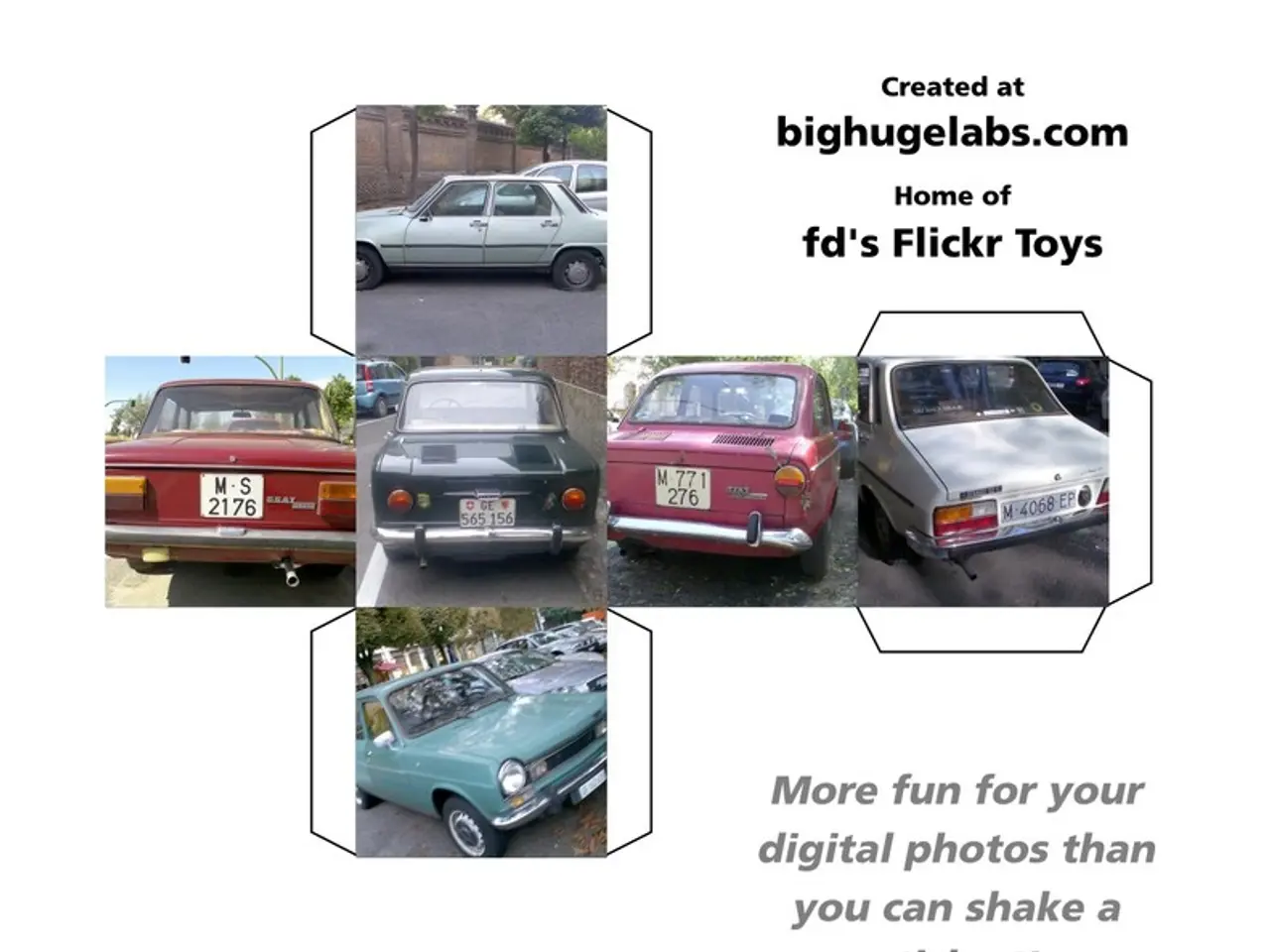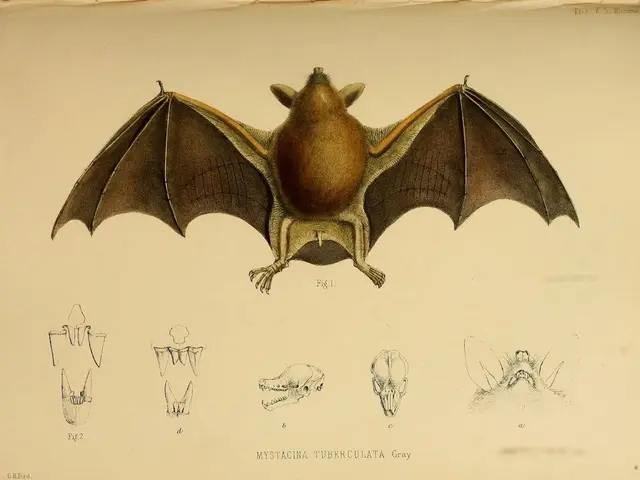13 Orgs Challenge ICCT's Electric Truck Emission Assumptions
A group of thirteen organisations, including Rivian, has signed a statement challenging the International Council on Clean Transportation's (ICCT) recent briefing on alternative fuel credits in Europe's CO2 standards for trucks and buses. The statement, which welcomes dialogue on sustainable solutions, takes issue with ICCT's assumptions about electric trucks and their carbon footprint.
The statement, co-signed by Rivian and twelve other organisations, disputes ICCT's assumption that electric trucks rely solely on 100% renewable electricity. It argues that considering the entire lifecycle of alternative fuels, including battery production, is crucial for accurate emissions calculations.
The signatories also question ICCT's assessment of Tank-to-Wheel (TtW) emission savings for electric trucks. They contend that a more comprehensive approach is needed to evaluate the environmental impact of different fuel options.
The statement, a response to ICCT's briefing, underscores the importance of thorough analysis in setting CO2 standards for trucks and buses. The organisations involved welcome further discussion, particularly with the ICCT, to ensure sustainable and accurate solutions for reducing emissions in the transportation sector.
Read also:
- chaos unveiled on Clowning Street: week 63's antics from 'Two-Tier Keir' and his chaotic Labour Circus
- Racing ahead in Renewable Energy Dominance: Changzhou, Jiangsu Pushes for Worldwide Renewable Energy Ascendancy
- Renault Group to Discuss Decarbonization and Circular Economy Strategies at ChangeNow 2023 Event
- Public remains oblivious to potential hazards at gas export facilities, due to confidentiality surrounding their operations







